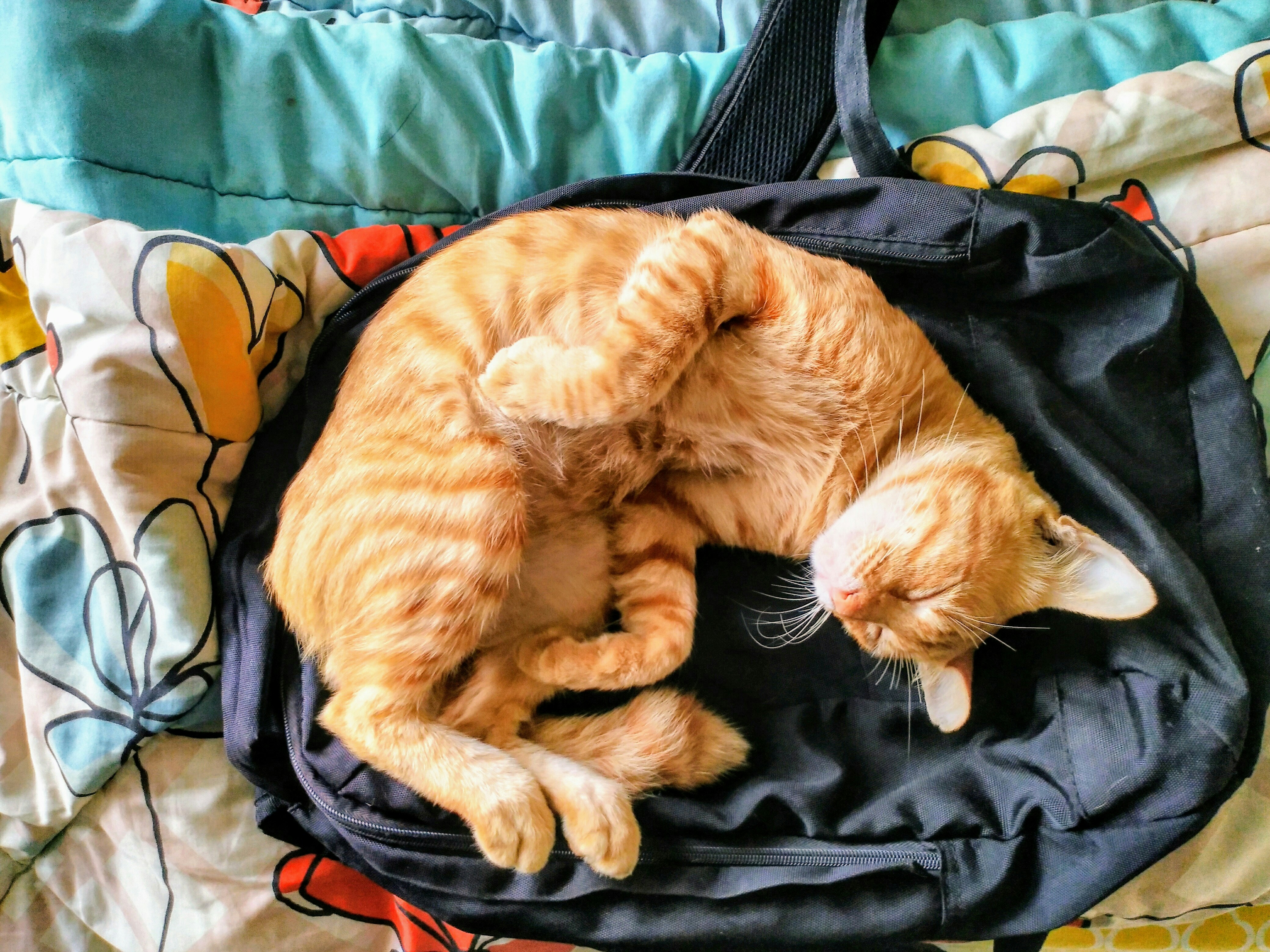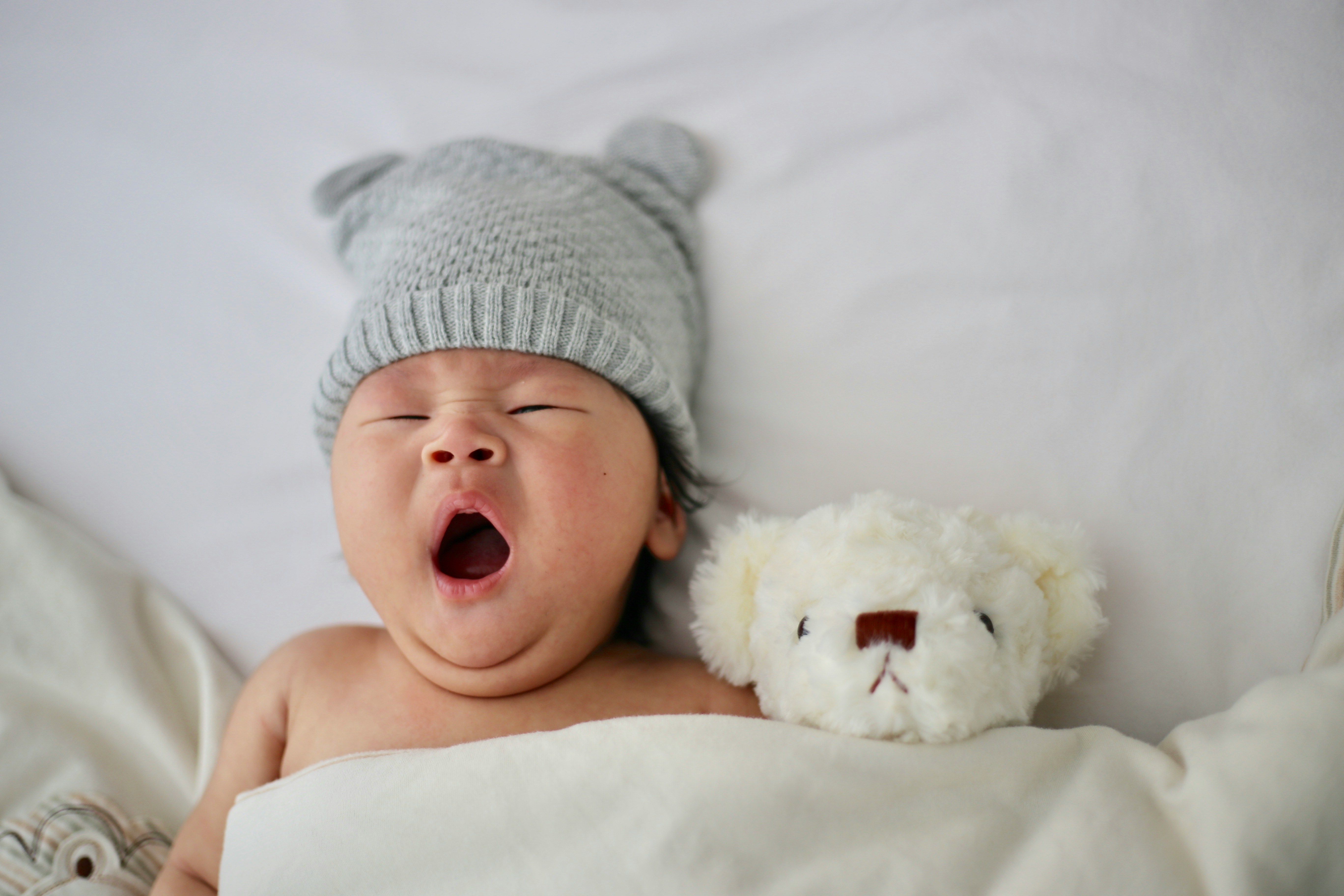240-230-7705
staff@tridentathleticsva.com
Open hours:
M-F 5am-8pm, Sat 8am-2pm, Sun Yoga 9am
BLOG
Blog posts

The Importance of Sleep
The Importance of Sleep
Sleep is one of the great mysteries of life. If you get enough, you know it and if you don’t… well, you might know that too. Although many of us have wearable devices that provide data about our sleep, how can we put this information to use to improve our sleep quality?
A little background: Six to eight hours per night seems to be the optimal amount of sleep for most adults, and too much or too little can have adverse effects on your health. For example, interrupted or impaired sleep can:
• Dramatically weaken your immune system
• Accelerate tumor growth—tumors grow two to three times faster in laboratory animals with severe sleep dysfunctions.
• Cause a pre-diabetic state, making you feel hungry even if you’ve already eaten.
• Seriously impair your memory; even a single night of poor sleep—meaning sleeping only 4 to 6 hours—can impact your ability to think clearly the next day.
• Impair your performance on physical or mental tasks, decrease your problem solving ability, lead to frequent injury, and slow recovery.
Impaired sleep can also increase stress-related disorders, including heart disease, stomach ulcers, constipation, weight gain and depression. In addition, sleep deprivation prematurely ages you by interfering with your growth hormone production, normally released by your pituitary gland during deep sleep and during certain types of exercise, such as CrossFit. Growth hormone helps you look and feel younger, and it helps you get strong.
The bottom line is that lost sleep is lost forever, and persistent lack of sleep has a cumulative effect when it comes to disrupting your health. In other words, poor sleep can make your life miserable.
Whether you have difficulty falling asleep, waking up too often, or feeling inadequately rested when you wake up in the morning, the tips below might help you improve your sleep.
Optimizing Your Sleep Area
· Sleep in complete darkness, or as close to it as possible. Even the tiniest bit of light in the room can disrupt your internal clock and your pineal gland's production of melatonin and serotonin. Light signals your brain that it’s time to wake up and starts preparing your body for action.
· Close your bedroom door.
· Get rid of night-lights.
· Refrain from turning on any light at all during the night, even when getting up to go to the bathroom.
· Cover up your clock radio if you have one.
· Cover your windows—using blackout shades or drapes.
· Keep the temperature in your bedroom no higher than 70 degrees F. Studies show that the optimal room temperature for sleep is quite cool, between 60 to 68 degrees. Keeping your room cooler or hotter can lead to restless sleep.
· Move alarm clocks and other electrical devices away from your bed. If these devices must be used, keep them as far away from your bed as possible, preferably at least 3 feet. Avoid using a loud alarm. It is very stressful on your body to be suddenly jolted awake. If you are regularly getting enough sleep, an alarm may even be unnecessary.
· Reserve your bed for sleeping. If you watch TV or work in bed, you may find it harder to relax and drift off to sleep, so avoid doing these activities in bed.
Preparing for Bed
· Get to bed as early as possible. Your body (particularly your adrenal system) does most of its recharging between the hours of 11 p.m. and 1 a.m. In addition, your gallbladder dumps toxins during this same period. If you are awake, the toxins back up into your liver, which can further disrupt your health.
· Don't change your bedtime. You should go to bed and wake up at the same times each day, even on the weekends. This will help your body to get into a sleep rhythm and make it easier to fall asleep and get up in the morning.
· Don't drink any fluids within 2 hours of going to bed. This will reduce the likelihood of needing to get up and go to the bathroom, or at least, minimize the frequency.
· Go to the bathroom right before bed. This will reduce the chances that you'll wake up to go in the middle of the night.
· Eat at a high protein snack several hours before bed. This can provide the L-tryptophan needed for your melatonin and serotonin production.
· Avoid before-bed snacks, particularly grains and sugars. These will raise your blood sugar and delay sleep. Later, when blood sugar drops too low (hypoglycemia), you may wake up and be unable to fall back asleep.
· Take a hot bath or shower before bed. When your body temperature is raised in the late evening, it will fall at bedtime, facilitating slumber. The temperature drop from getting out of the water signals your body it’s time for bed.
· If your feet are cold, wear comfortable socks to bed. Feet often feel cold before the rest of the body because they have the poorest circulation. A study has shown that wearing socks reduces night waking.
· Wear an eye mask to block out light. As discussed earlier, it is very important to sleep in as close to complete darkness as possible. That said, it's not always easy to block out every stream of light using curtains, blinds, or drapes, particularly if you live in an urban area or if your partner has a different schedule than you. In these cases, an eye mask can be helpful.
· Put your work away at least one hour before bed (preferably two hours or more). This will give your mind a chance to unwind so you can go to sleep feeling calm, not hyped up or anxious about tomorrow's deadlines.
· No TV right before bed/iPad/iPhone/laptop – or anything with a blue light. It’s too stimulating to the brain, preventing you from falling asleep quickly. TV and electronics with blue lights (or any light) disrupts your pineal gland function. This is especially important for young people. If you read before bed, pull out an old-fashioned book.
Lifestyle Suggestions That Enhance Sleep
· Avoid caffeine after 3 pm. At least one study has shown that, in some people, caffeine is not metabolized efficiently, leaving you feeling its effects long after consumption.
· Avoid alcohol before bed. Although alcohol will make you drowsy, the effect is short lived and you will often wake up several hours later, unable to fall back asleep. Alcohol will also keep you from entering the deeper stages of sleep, where your body does most of its healing.
· Exercise regularly. Exercising for at least 30 minutes per day can improve your sleep. However, don't exercise too close to bedtime or it may keep you awake.
· Lose excess weight. Being overweight can increase your risk of sleep apnea, which can seriously impair your sleep.
· Avoid foods you may be sensitive to. This is particularly true for sugar, grains, and pasteurized dairy. Sensitivity reactions can cause excess congestion, gastrointestinal upset, bloating, gas, and other problems. Keep notes of what foods cause reactions and avoid them.
Sweet dreams,
Mel






